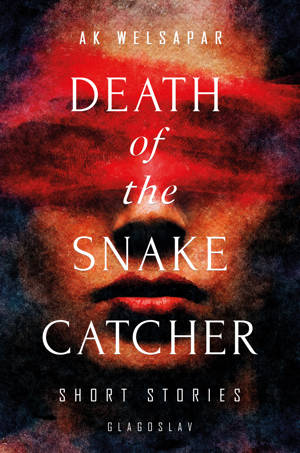
- Retrait gratuit dans votre magasin Club
- 7.000.000 titres dans notre catalogue
- Payer en toute sécurité
- Toujours un magasin près de chez vous
- Retrait gratuit dans votre magasin Club
- 7.000.0000 titres dans notre catalogue
- Payer en toute sécurité
- Toujours un magasin près de chez vous
Description
This book features people from one of the most closed countries of today's world, where the passage of time resembles the passage of a caravan through the waterless desert. This world has been recreated by a true-born son of that mysterious country, a Turkmen who, at the will of fate, has now been living for a quarter of a century in snowy Scandinavia. Is that not why two different worlds come together in Ryazan horseradish and Tula gingerbread, to come apart in Love in Lilac, in which a student from the non-free world falls in love with a girl from the West?
In the story Death of the Snake Catcher, an old snake catcher meets one on one with a giant cobra in the heart of the desert. In the dialogue between them the author unveils the age-old interdependence of Man and untamed nature, where the fear and mistrust of the strong and the hopes and apprehensions of the weak change places but co-exist as ever. Egyptian night of fear, in which a boy goes to an Eastern bazaar and falls into the clutches of depraved forces, is created in the writer's characteristic style of magical realism, while the novella Altynai celebrates first love, radiant and sad, pure as virgin snow.
Now mythical, now lyrical, Welsapar's characters face life's injustice with a surprising optimism and fortitude. The intense Asiatic colour not only of nature but of human feelings and relationships, is expressed by the author in striking, expressive language making the reader unable to close the book until the last page.
Spécifications
Parties prenantes
- Auteur(s) :
- Traducteur(s):
- Editeur:
Contenu
- Nombre de pages :
- 148
- Langue:
- Anglais
Caractéristiques
- EAN:
- 9781911414810
- Date de parution :
- 25-04-18
- Format:
- Livre broché
- Format numérique:
- Trade paperback (VS)
- Dimensions :
- 152 mm x 229 mm
- Poids :
- 226 g

Les avis
Nous publions uniquement les avis qui respectent les conditions requises. Consultez nos conditions pour les avis.






